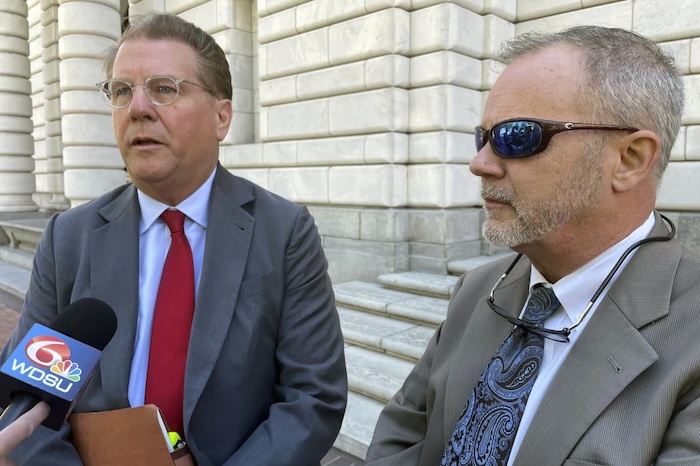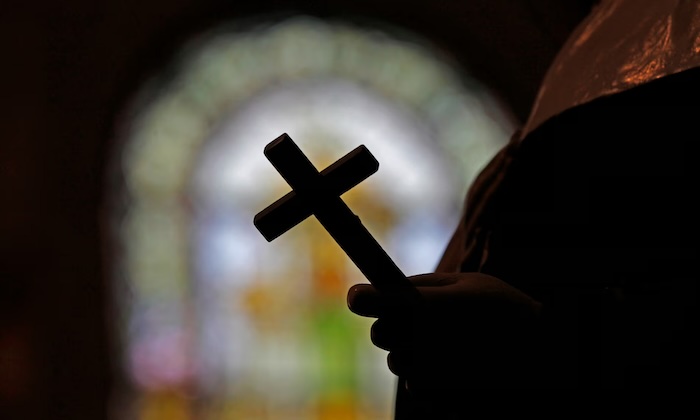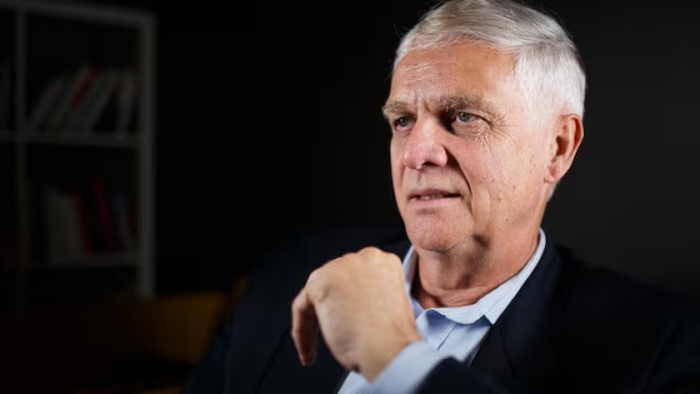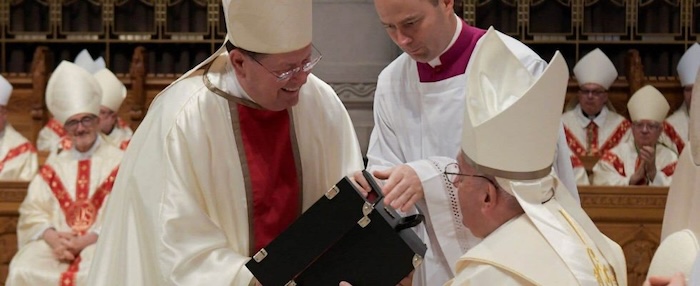— Sex Abuse Survivors Troubled By Washington Bill
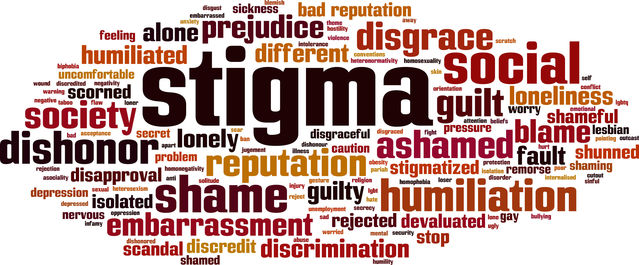
By Hannah Albarazi
Washington Gov. Jay Inslee is expected to sign into law a bill that eliminates time limits for bringing child sex abuse claims in the future, but survivors say they are disappointed by an amendment stripping the bill’s retroactivity, saying the legislation doesn’t go far enough to hold abusers accountable.
The bill’s own author says it no longer expands access to justice for past abuses — only future ones. Fearing that the state itself could be on the hook for hundreds of millions of dollars in liability stemming from decades of negligent supervision, the Legislature struck language from the bill that would have allowed survivors of childhood sexual abuse to bring civil claims against individuals and institutions regardless of when the abuse occurred.
The overhauled bill doesn’t sit well for Seattle attorney Tim Law, who advocates for clergy abuse survivors around the world. The proposed legislation, H.B. 1618, “heavily favors institutions” and is “grossly unfair to survivors,” he told Law360 in an interview.
“There should be a window of opportunity for survivors to make their case, and without that it’s just a total giveaway,” said Law, who co-founded the nonprofit Ending Clergy Abuse.
But the Democrat-controlled state Legislature’s decision to not reopen a lookback window for survivors to bring timed-out claims came amid concerns that it could cost the government hundreds of millions of dollars and an opposition campaign by well-heeled tort reformers.
While at least 27 U.S. states have created temporary or permanent revival windows to allow survivors of child sex abuse to bring otherwise time-barred civil claims, the Washington Legislature has exhibited strong resistance to passing a bill that would allow survivors to bring claims related to past abuse.
No Looking Back
Currently, Washington’s civil statute of limitations on recovering damages from childhood sexual abuse begins tolling once the victim turns 18. The survivor then has three years from the abuse, or three years from when they discovered or reasonably should have discovered an injury caused by the abuse.
As statehouses across the U.S. pass laws allowing previously timed-out child sex abuse claims, State Rep. Darya Farivar, a Democrat, saw a need to bring Washington’s law up to date.
Farivar first introduced H.B. 1618 last year, but it stalled out in the state Senate. After being reintroduced in January, the House overwhelmingly adopted an amendment proposed by State Rep. Peter Abbarno, a Republican, that stripped the bill of its retroactivity. In its amended form, H.B. 1618 will only eliminate the statute of limitations for civil child sex abuse claims going forward.
In comments on the House floor, Abbarno said the amendment “substantively leaves the bill the same.”
Abbarno said the decision to amend the bill stemmed from the fiscal note provided by the state attorney general’s office, which estimated that it could cost the state hundreds of millions of dollars to defend its Department of Children, Youth and Families — which manages the state’s foster care system — against previously time-barred claims resulting from negligent supervision. He added that making the bill prospective-only would meet both policy and fiscal needs.
But speaking on the House floor in January, Farivar said the amendment means this bill is “not going to be able to expand access to justice for current survivors.” Nonetheless, on Jan. 25 she joined her House colleagues in unanimously passing the amended bill.
Survivors Speak Out
While some survivors of childhood sexual abuse offered their support for the bill during a public hearing held by the Washington Senate’s Ways and Means Committee on Feb. 22, many expressed disappointment with the bill being neither retroactive nor containing a lookback window for survivors to bring civil claims.
It’s not hard to find states that have reformed their statutes of limitations regarding child sexual abuse claims.
Civil statutes of limitations for some or all child sex abuse claims have been eliminated in more than a third of all U.S. states, and more than half of all states have passed some form of lookback window to allow survivors of childhood sexual abuse to bring civil claims that would otherwise be time-barred, according to the nonprofit advocacy group Child USA.
Washington resident Christene Hansen told the Senate Ways and Means Committee that her life was derailed at the age of 13 when a teacher began abusing her. She said that while she believes the bill “will inspire change in the establishments that are in place to safeguard our children,” she hoped the law would be applied retroactively.
The Washington State Association for Justice likewise urged the committee to pass the amended legislation, as did the Sexual Violence Law Firm.
But other advocates spoke out in opposition to the bill, saying its lack of retroactivity means those responsible for past abuses won’t be held to account and urged the Legislature to pass a bill that increases past and future survivors’ access to justice.
Sarah Pearson, a survivor of sexual assault and an advocate for survivors, told the Senate Ways and Means Committee in late February that she can’t support the bill as amended, saying that children deserve justice regardless of whether the abuse occurs before or after the bill takes effect.
The bill also lost support from Peter Isely, a survivor of childhood sexual assault and founder of the Survivors Network of those Abused by Priests who testified that the bill “must be changed and made retroactive.”
“It erases us,” testified Isely.
Michael Polenberg, vice president of government affairs at the victims’ services group Safe Horizon, pushed for the passage of New York’s Child Victims Act and Adult Survivors Act, both of which created lookback windows for survivors.
Polenberg told Law360 that while any effort to reform or eliminate the statute of limitations for childhood sexual abuse is a step in the right direction, he stressed that “bills should allow survivors who are outside of the current statute of limitations to seek justice as well.”
“This is why the Child Victims Act in New York was so impactful. The lookback window allowed over 10,000 lawsuits to be filed on behalf of previously time-barred survivors of childhood sexual abuse,” Polenberg said. “Similar measures to seek relief in court should be put in place for individuals who were sexually abused as adults.”
On Feb. 29, the Senate unanimously voted to pass the amended bill.
“Tip of the Iceberg”
In an interview with Law360 in late February, Farivar said it “was a deeply painful decision” to amend the bill to prospective-only, but she saw it as the only way to get support for the bill in the Legislature.
If the fiscal note is correct and the state would truly face such a steep mountain of liability under a retroactive bill, that is “egregious,” Farivar said.
But even without retroactivity, Farivar says her bill is “a really bold statement that we take recovery seriously, we know it’s not linear, we know that folks need time to come forward.”
“By giving folks that time to come forward and pursue justice on their terms, we’re going to be able to identify folks who are predators and folks who are protecting predators,” Farivar said. “That, in the long run, is going to fundamentally change what the landscape of abuse looks like in Washington and what justice survivors have access to.”
Farivar said H.B. 1618 “is really just the tip of the iceberg,” and that she’s continued to speak with advocates and survivors about how to push for legislation that allows for retroactivity or a lookback window.
“We’re not done,” she said, adding that she believes it’s important for institutions — including the government — to take responsibility for abuse that occurs on their watch.
Abbarno and the chair of the Senate Ways and Means Committee, State Sen. June Robinson, a Democrat, did not make themselves available for an interview with Law360.
Opposition to Lookbacks
Survivors’ desire to bring previously time-barred claims is at odds with the goals of the American Tort Reform Association, which voiced opposition to the original version of the bill.
Cary Silverman of Shook Hardy & Bacon LLP, speaking on behalf of ATRA, told Law360 in late February that “ATRA’s position is that every civil action should be subject to a finite statute of limitations, which is a key part of a properly functioning civil justice system in which courts can evaluate liability when records and witnesses are available.”
ATRA has been among the most outspoken opponents of efforts to end statutes of limitations on child sex abuse, voicing opposition in legislatures from Maine to Nevada. At least one of the states, North Dakota, has backed away from opening up a lookback window for sex abuse claims.
Silverman said ATRA “is particularly concerned with legislative proposals that retroactively revive any type of time-barred claim.”
“These proposals are especially problematic because businesses cannot go back in time to retain records already discarded, purchase more insurance, or decide not to enter an area with such an extreme liability risk,” he added.
However, Silverman said ATRA has not taken a position on Washington’s H.B. 1618 as it’s been amended.
H.B. 1618 now awaits Inslee’s signature. A spokesperson for the governor did not respond to Law360’s request for comment on the opposition voiced by survivors to the amended bill, and declined to speculate as to if or when the governor might sign the bill.
But survivors and their advocates say holding perpetrators and institutions responsible for past abuse is key to obtaining justice, and warned that rushing a bill into law that lets past abusers off the hook will only make it more difficult to pass stronger bills in the future.
“Once it passes, trying to get momentum next year to get a window becomes harder,” Law, the Seattle attorney and advocate for clergy sex abuse survivors, told Law360.
For survivors, he added, the law “sounds good, but it has no practical effect.”
Complete Article ↪HERE↩!
